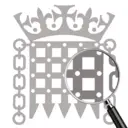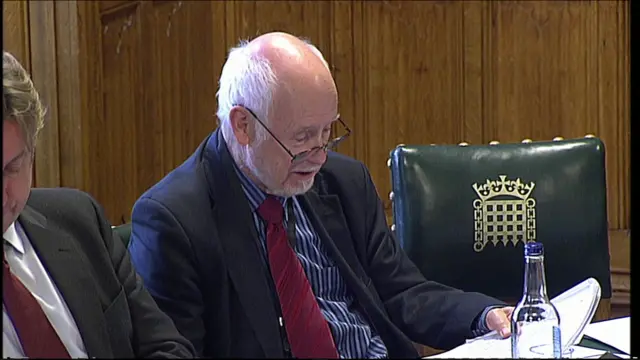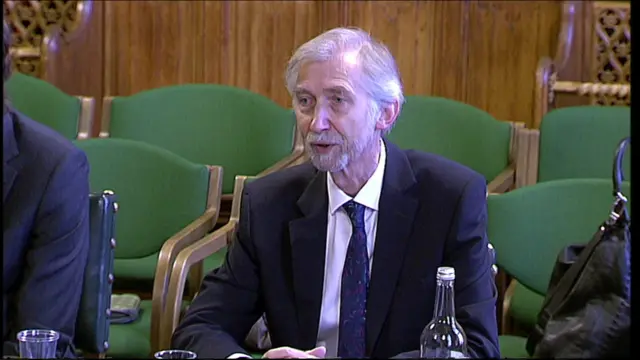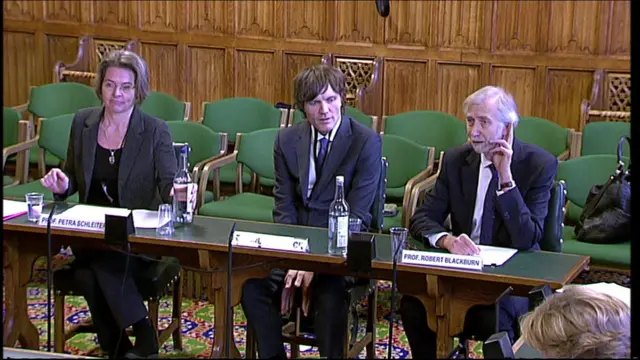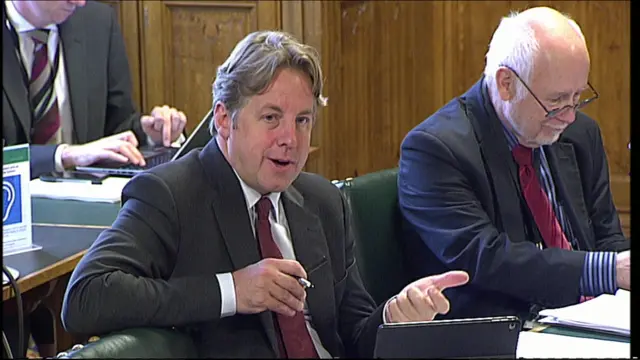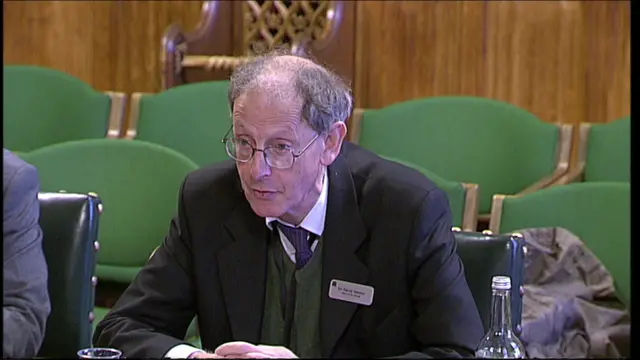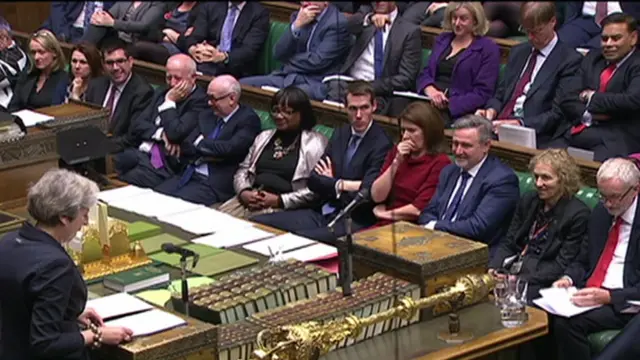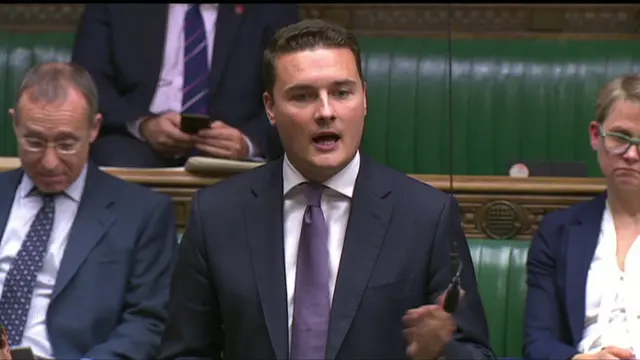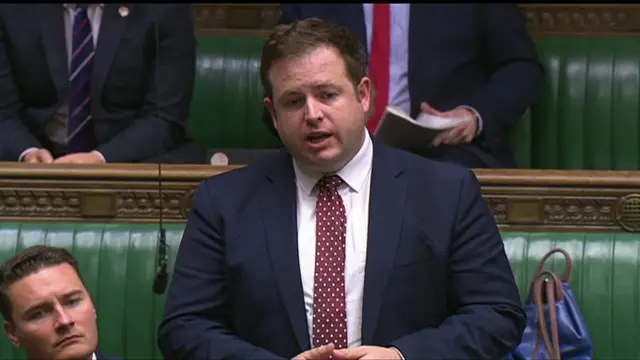Today in the Commonspublished at 11:23 BST 23 October 2018
 House of Commons
House of Commons
Parliament
Our coverage of the Commons today begins at 11.30am with oral questions to the Department of Health and Social Care ministers.
There are no urgent questions or ministerial statements granted today, meaning proceedings will then move on to a ten minute motion introduced by Labour MP Diana Johnson that would see abortion decriminalised.
Currently, the Offences Against the Persons Act 1861 makes abortion illegal in the UK except when there is a risk to the life or health of the mother.
This legislation was partly superseded by the Abortion Act 1967 which gave a route for women in England and Wales to access abortion care, but the Act has never applied to Northern Ireland.
After this, MPs will begin their main legislative business of the day, the final stages of the Civil Liability Bill.
The bill seeks to reform the claims process for whiplash claims with injuries lasting up to two years resulting from road traffic accidents, and to make changes to the way in which the personal injury discount rate, applied to lump sum awards of damages for future loss, is set.
The bill has already passed through the Lords, where the provisions on whiplash proved controversial and faced considerable challenge.
Following this, there will be a discussion on the changes to standing order no.47 on time limits to speeches and interventions.
Today's adjournment debate is on elder abuse and will be introduced by Conservative MP Giles Watling.

